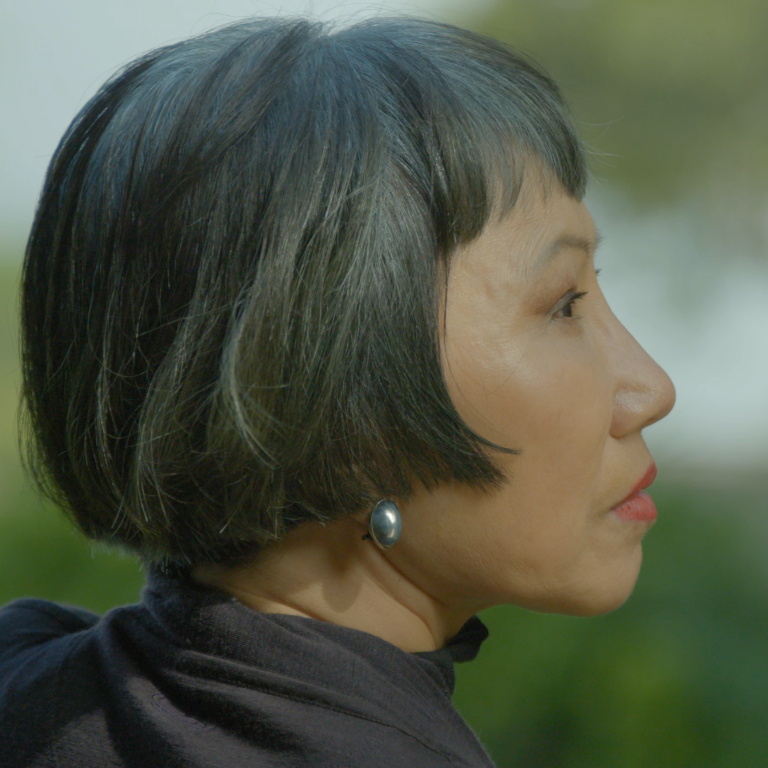
Chinese-American author Amy Tan on film of her life Unintended Memoir, and The Joy Luck Club movie sequel
- A film about Amy Tan’s life by James Redford, son of cinema legend Robert, was made more poignant by the director’s death from cancer before its completion
- The pain of Redford’s death echoed the sorrow in the author’s own life, whose tragedies, hardships and trauma have shaped her writing
When James “Jamie” Redford, son of cinema legend Robert, wanted to make a film about Amy Tan, the Chinese-American author was not initially convinced.
“I was reluctant to do this, because I’m trying to move toward more privacy as I get older,” Tan, 68, tells the Post from her home in Sausalito, California. “But Jamie was somebody I knew through friends and he was so compassionate, very kind. He was charming and persistent and he got me to agree, promising that everything would be subject to my approval.
“I asked him why he wanted to make this documentary, because frankly, I don’t think I am that famous a personage representing anything that would be worthwhile making a film like that,” she adds.
Tan is the bestselling writer not only of The Joy Luck Club, but also The Bonesetter’s Daughter, The Hundred Secret Senses and many more, including two children’s books. The story of her life, and the life of her family, has been incredibly dramatic. Mostly she says she did not want the film to be a fawning story of praise, rather that it should tell a universal story of family.
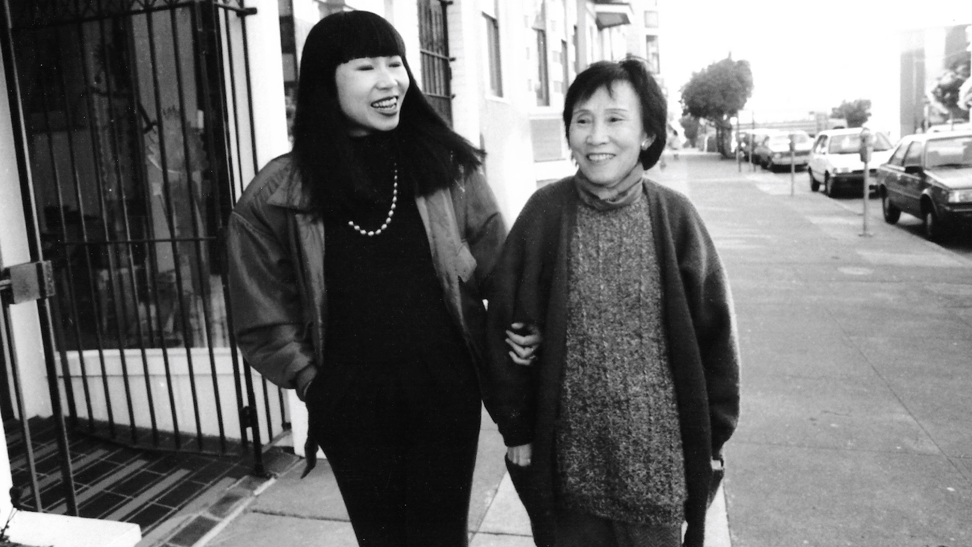
“When somebody asks you about the deepest things from your life and your childhood and looks at you with a non-judgmental, non-pitying response, but with compassion, and brings up some of the same questions in all of our lives, that was most important. So Jamie gave me the reason to say OK. He was wonderful and we became very close.”
What makes the resulting film prescient is that Redford knew he was not long for this world, and that made Amy Tan: Unintended Memoir all the more important for him. The filmmaker died from cancer last October aged 58 when the film was in the final stages of editing.
Why Amy Tan will never forget her first visit to Hong Kong
“In a way Jamie created a eulogy,” Tan says. “If you were to do a eulogy of your life, all the good things that happen are what usually people say, but there’s also a deep loneliness.
“You can be surrounded by friends and family, yet nobody really understands at a deep level who you are, based on how you became who you are. … I think [Jamie] felt that my life was in a way about emotional trauma, but also resilience.”
Redford was going through his own bout of resilience. “He told me, honestly, that there was a chance he might die before the film was finished,” Tan recalls. “I found out how deeply important it was to him and that was very moving to me. But I don’t think I realised how much until after he died.

“I mean, we knew his life was in jeopardy, but then all of a sudden, he was dying. Everybody was shocked. He was very vibrant, and there and then he was gone.”
Unintended Memoir shows how American-born Tan had to deal with the deaths of her brother and father from brain tumours at the age of 15. Until she met her half-sisters from her mother’s previous marriage when she first went to China, in 1987 and aged 35, she did not know about the suicide of her grandmother, who had been a concubine.
“In a family I believe you inherit to some degree this history of the circumstances of your ancestors, particularly the women in your family, and that this has come down or transformed into the next generation,” she explains.
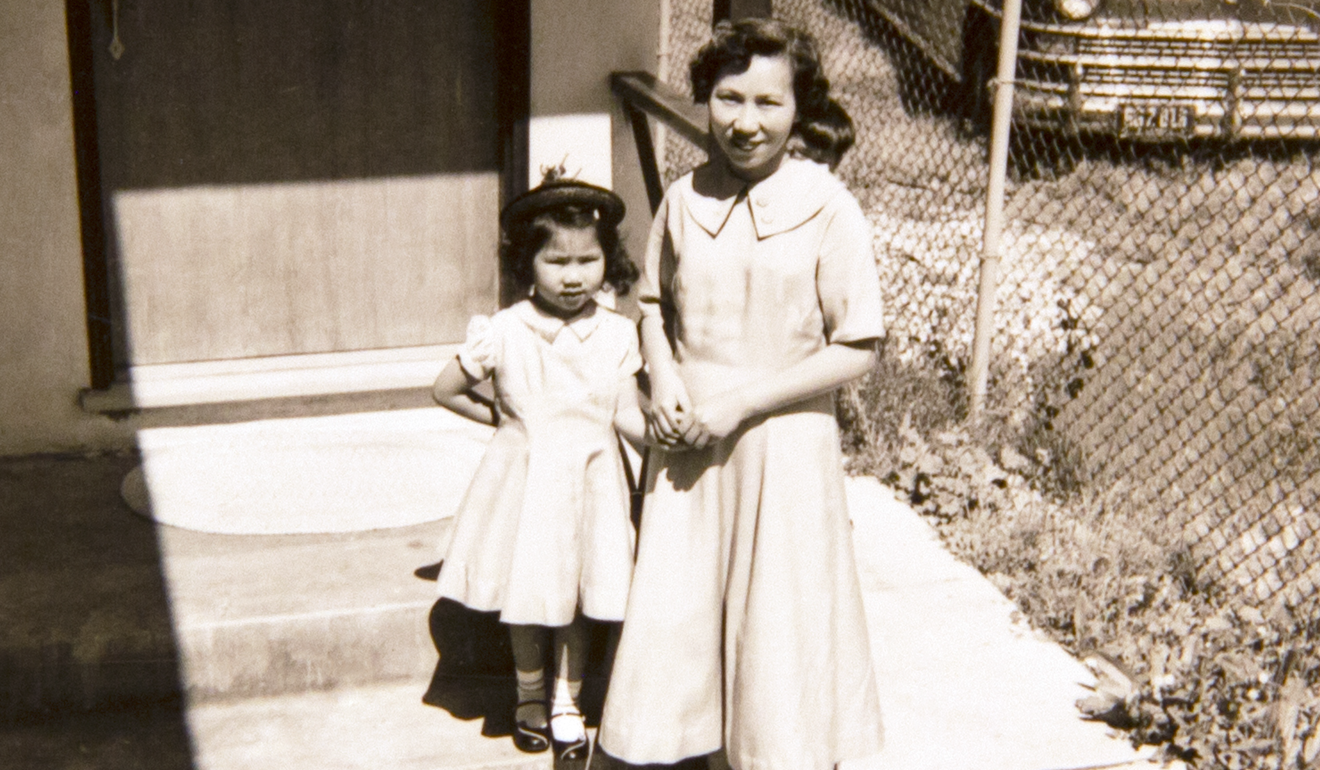
“My mother took it much more directly and became suicidal after watching her mother succeed in committing suicide. I’m sure there were other attempts my mother made. My sisters recalled times in China when she was hospitalised, and how she did it.”
Since she was born in the US, where she grew up determined to be American with no traces of a Chinese accent, Tan says she has enjoyed the luxury of being able to look at her family’s experiences more objectively.
“I could make sense of it, especially when I was writing about it and I could understand why there were certain qualities in me that were based on what had happened to family. Not despair, not complete anger, but an inability to tolerate condescension or anybody trying to put me in my place, or anybody insulting me. I do not deal well with betrayal.
“All those things I know are related to the history of the women in my family. I don’t know who my great-grandmother was, but certainly how she reacted. That Confucian order of family was still governing our family. Women were the lowest.”
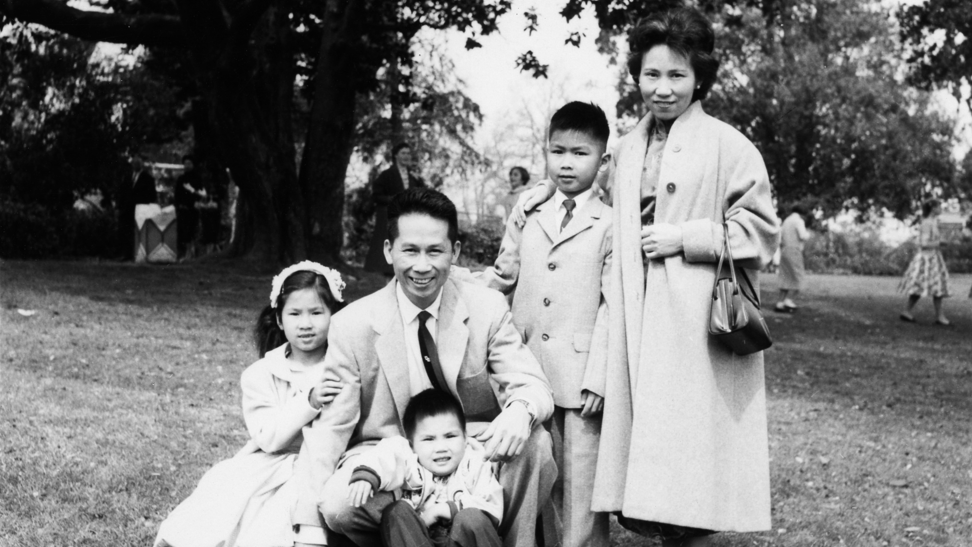
Was her 2017 non-fiction book, Where The Past Begins: A Writer’s Memoir, her most personal? “Every book I’ve written has been written for who I was at that particular time,” she replies. “I can’t say that I was a better person, but I think I was more informed about myself.”
Redford draws broadly on Tan’s experiences but focuses on her relationship with her mother, Daisy, and how she helped her struggle with Alzheimer’s before her death at 83. “I miss the stories, her delight in my asking her about her life,” Tan says. “There are so many things in her life that I wish I could have asked about.”
There was also a well of visual material, as Tan’s amateur photographer father left a treasure trove, including photographs of when her parents started their love affair in China and when her mother was married. The film also benefits from extensive footage shot by the father of Tan’s childhood best friend, Sandy Bremner.
She appears in the film, as does Tan’s friend, Peruvian writer Isabel Allende, who lives nearby.
When Tan’s debut 1989 novel, The Joy Luck Club, became a bestseller and was turned into a hit film directed by Wayne Wang, she was stunned. “I certainly did not expect that a new book by an unknown author with a bunch of stories about Chinese characters was going to sell worldwide,” she recalls. “It was unnerving to me because I felt that my life was out of control.
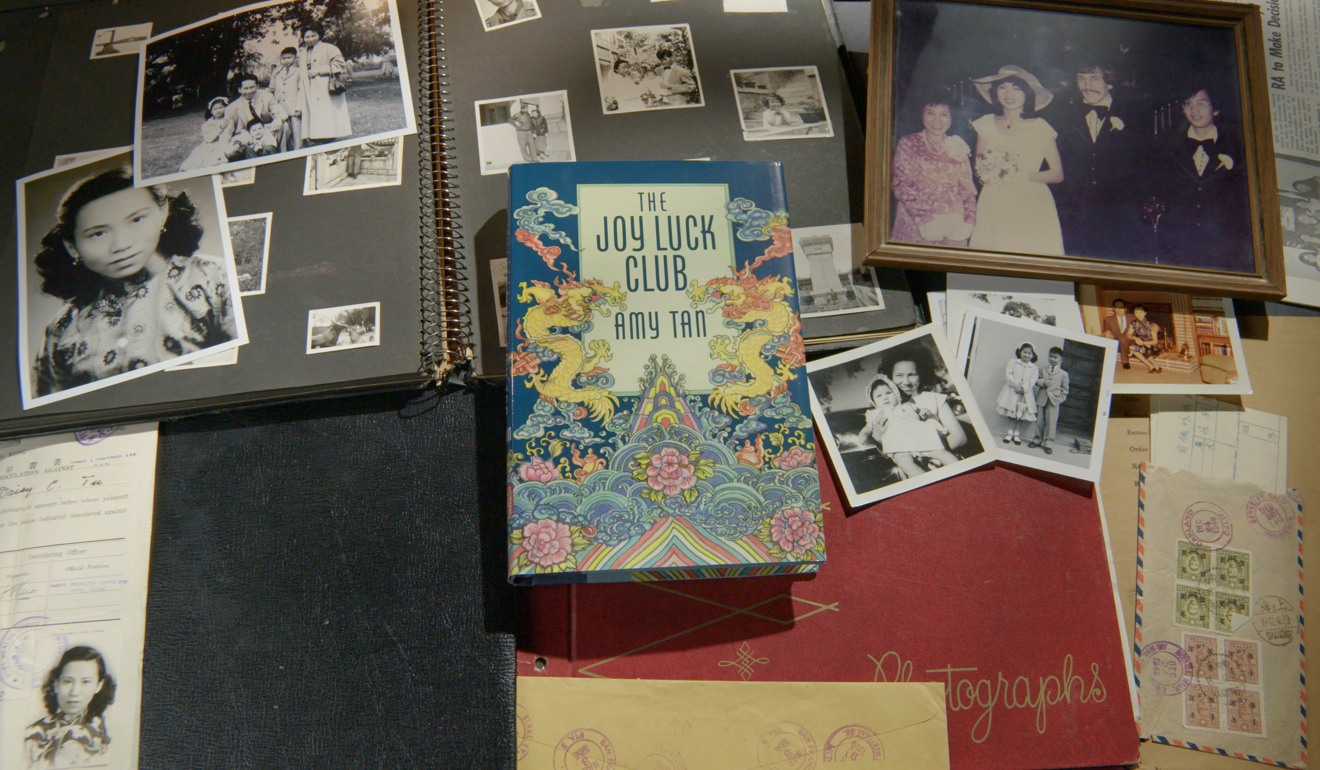
“You can say, well, it’s great. It’s good out of control. But out of control is out of control. And I’m somebody who grew up with a family that was out of control. The deaths of my father and brother, my mother going crazy – you know, out of control. I like to be able to choose how I conduct my life. And this was not happening.”
Over the years her lawyer husband, Lou DeMattei, a strong calming presence – even in the film – has been by her side. “We’ve been together almost 51 years and he keeps me grounded,” Tan says. The film shows how, early on, they made the decision not to have children. “I worry about everything, I would have been a terrible mother.”
Since contracting Lyme disease in 1998, Tan has had epileptic seizures, which means she cannot drive. “I never liked to drive so it doesn’t bother me,” she says.
Still she looks trim, beautiful and even sexy when she takes to the stage as the lead singer and so-called dominatrix alongside famous authors, including Stephen King, in the band The Rock Bottom Remainders. It’s an escape, she says. On the day Redford filmed the group she even screamed.
“He loved that!” she chuckles. “The crew were puzzled but I did that performance the day my sister died quite suddenly.”
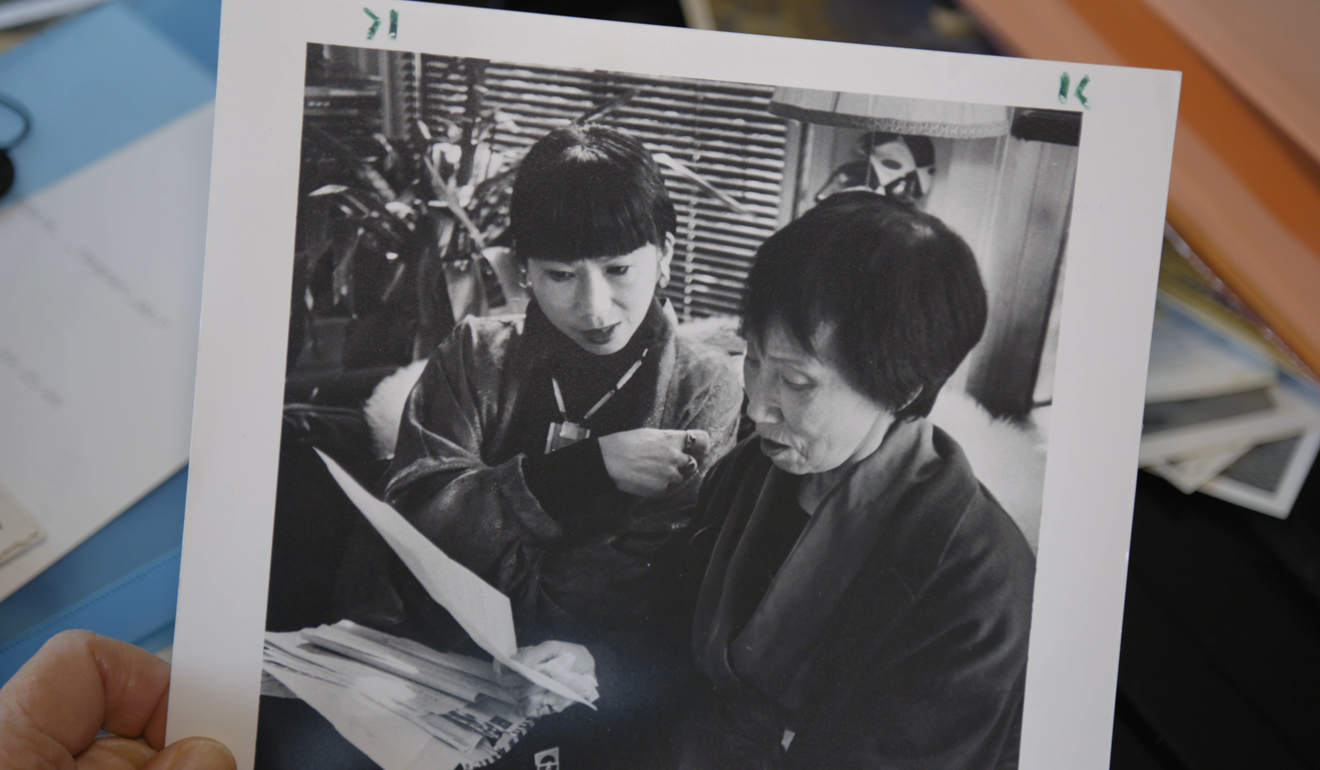
Now, while looking out of the window at her beloved birds, which she avidly sketches, Tan is writing her new novel. “I had to change direction, because the one I was working on had a lot of humour and seemed frivolous in the light of what was happening in the world, with all this racism going on and all kinds of very serious matters that hit me in my gut. I felt I had to write something else, so I started a different novel.”
A movie sequel to The Joy Luck Club is also in the works. “There’s a deal underway. You know, these movies are not made in Hollywood, they’re made in lawyers’ offices. And it has been in the lawyers’ offices for months now.”
Still, it’s likely the film will go ahead, with Tan as co-writer in a story about the next generation. “The hope is to have all the original actors play the mothers and daughters. They’re mothers and grandmothers now and some of them are in the documentary.
“So that would be a wonderful reunion. We became like a family during the making of The Joy Luck Club and we’re still in touch.”
Tan regularly visits relatives in Beijing and Shanghai and also Hong Kong. “I was last in Hong Kong three years ago and was also there during the student demonstrations,” she says.
The author is naturally keen to see what everyone will think about Unintended Memoir. “Having family in China and Hong Kong, and also in Taiwan, I get a different perspective.”
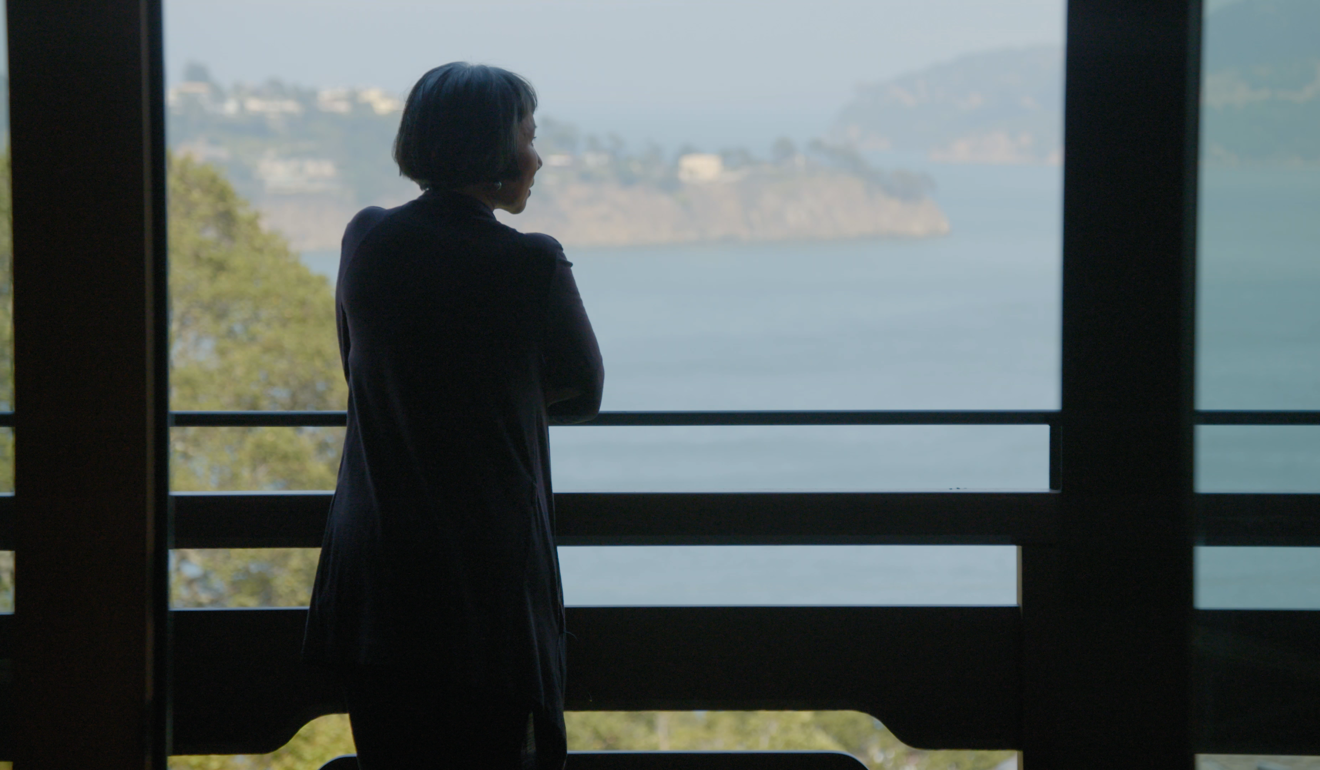
I tell her I’m sure the film will be embraced widely. “I just wish Jamie could hear that,” she says. “It’s heartbreaking. But I think he’s here. I think he knows.”
Amy Tan: Unintended Memoir will premiere on February 3 at Sundance Film Festival 2021.
Want more articles like this? Follow SCMP Film on Facebook

